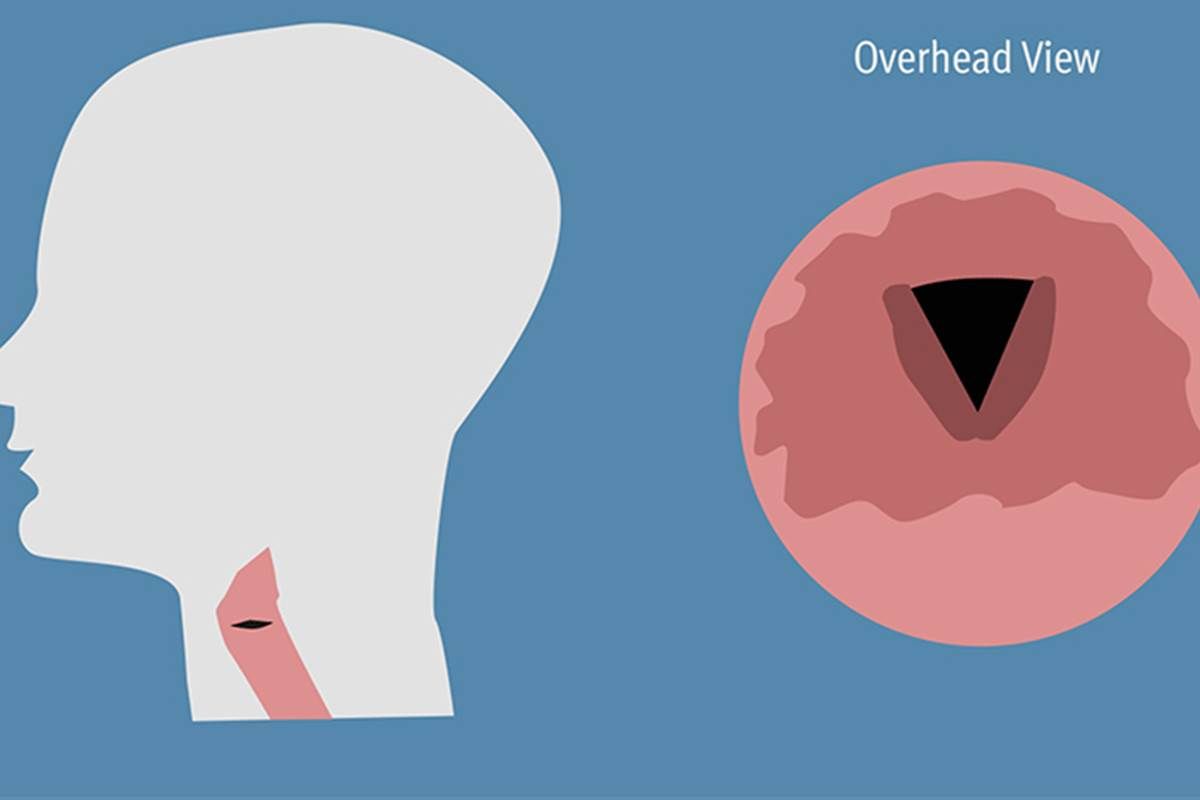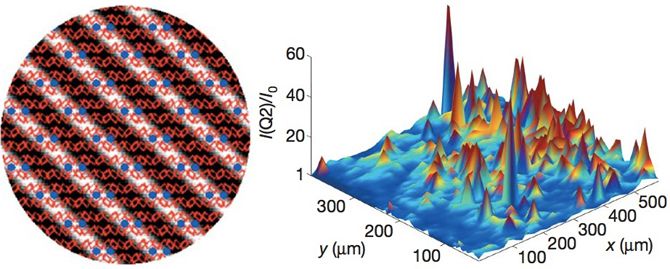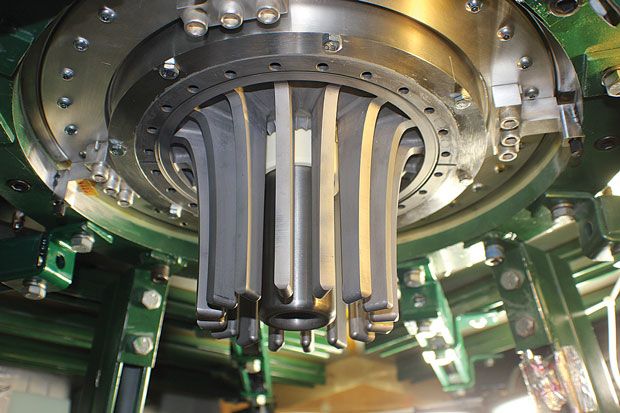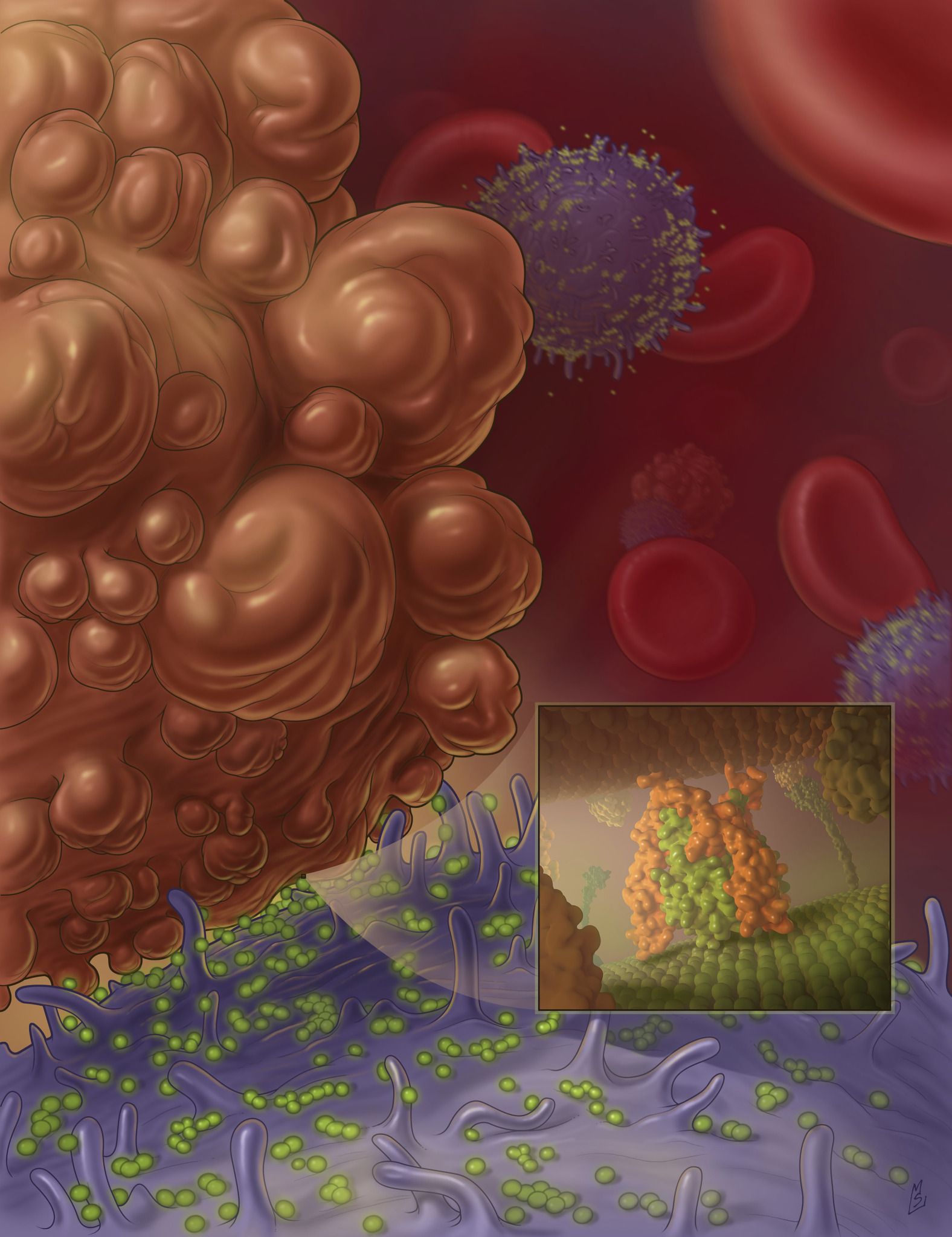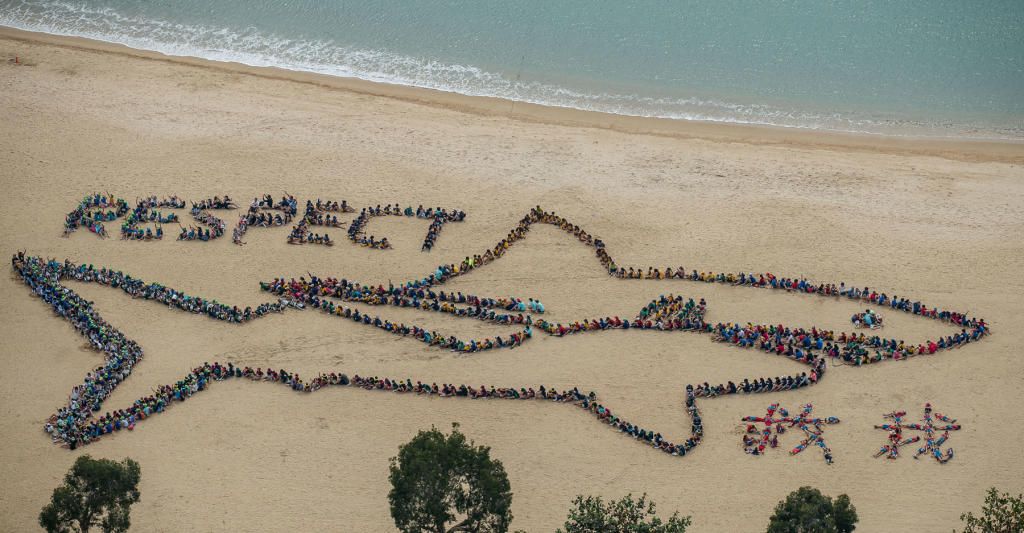Nov 18, 2015
Fresh Voices: Researchers Grow New Vocal Cords From Cells
Posted by Gerard Bain in category: biotech/medical
As many as 20 million Americans have impaired voices because of damage to the vocal cords — more precisely, vocal folds — the researchers report in the journal Science Translational Medicine. There’s no good solution for them now.
Organs for transplant are always in short supply and no one’s really tried transplanting vocal folds into a living patient, the team said. They decided to try growing new ones.
It’s not an easy thing to do. The tissue that makes up vocal folds is extremely specialized. Not just any old tissue will do the job.
